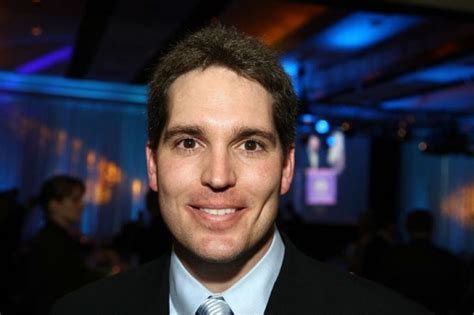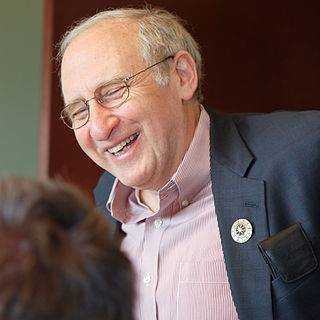A Quote by Jason Kilar
On the Facebook side, I think it's a bit of an evolution, in that that company, which has clearly done amazing things, was, I believe, as an outsider looking in, was founded on a culture that was obsessive about the users. And they built a service that is very valuable for users, and that is to be applauded.
Related Quotes
On the Web, usability is a necessary condition for survival. If a website is difficult to use, people leave. If the homepage fails to clearly state what a company offers and what users can do on the site, people leave. If users get lost on a website, they leave. If a website's information is hard to read or doesn't answer users' key questions, they leave. Note a pattern here?
The true end users of Facebook are the marketers who want to reach and influence us. They are Facebook's paying customers; we are the product. And we are its workers. The countless hours that we - and the young, particularly - spend on our profiles are the unpaid labor on which Facebook justifies its stock valuation.
Users scan a page looking for trigger words. If they find a trigger word, they click on it but if they don’t find it, they go to search. That’s the way it works on 99% of sites, although Amazon is an exception. That’s because Amazon has done a great job of training users to know that absolutely nothing on the home page is of any use.

































